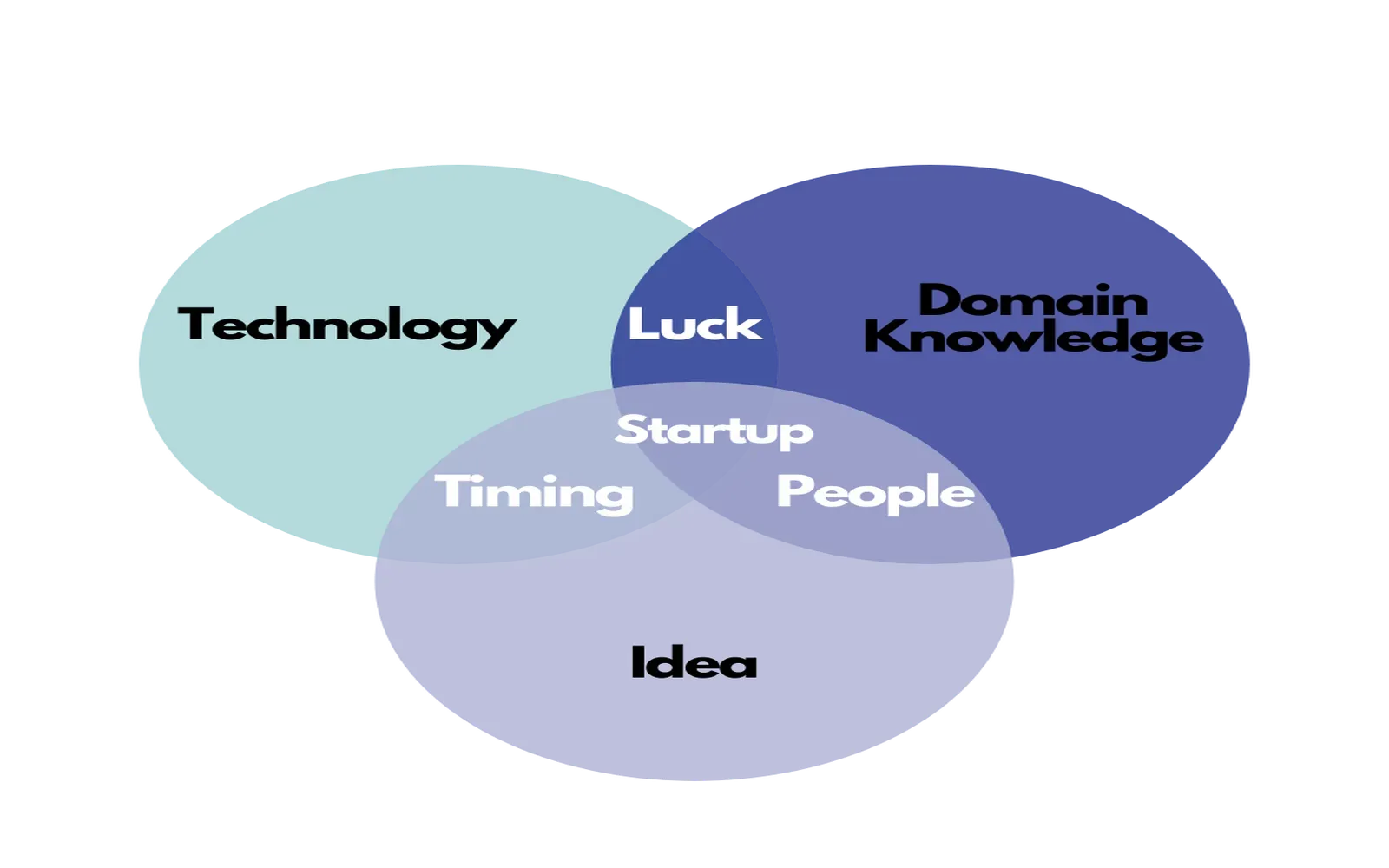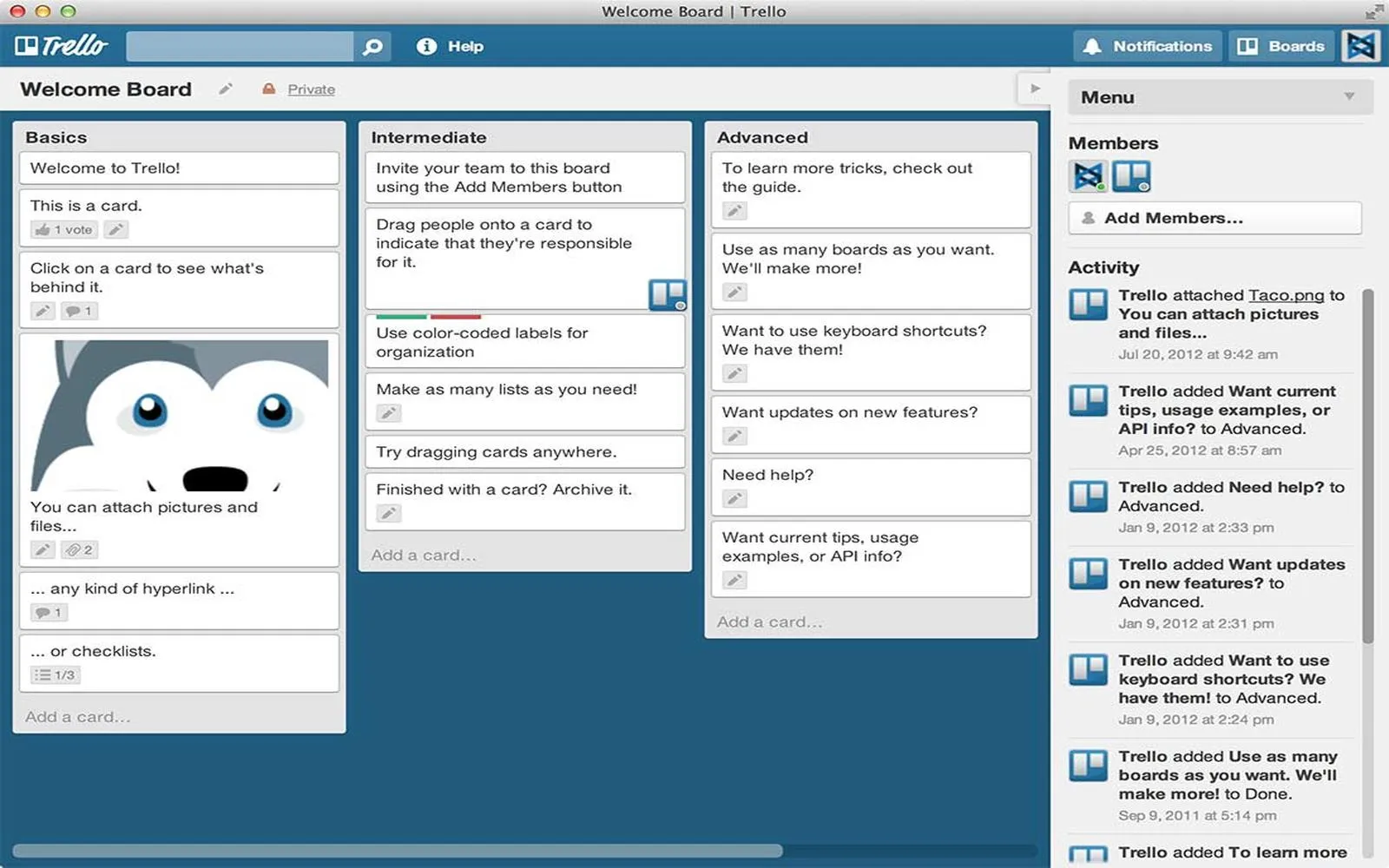In the evolving landscape of work, ''remote accounting'' has become a significant aspect of the profession. This shift has not only altered traditional workflows but also presented unique challenges and opportunities. Through my experience working remotely as an accountant, I've gleaned several important lessons that can aid those who find themselves in similar circumstances.
1. The Importance of Effective Communication
One of the most critical lessons learned from working remotely is the necessity of ''effective communication''. Without face-to-face interactions, misunderstandings can easily arise. Utilizing tools like video conferencing, instant messaging, and collaborative platforms is vital. Establishing clear communication guidelines can help maintain transparency and keep everyone on the same page.
| Communication Tools | Best Practices |
|---|---|
| Zoom | Schedule regular check-ins |
| Slack | Create specific channels for different topics |
| Trello | Use for project management and updates |
2. Time Management is Key
Working remotely allows for greater flexibility, but it also demands stronger ''time management'' skills. It’s easy to get distracted by household chores or family obligations. Implementing a structured schedule can enhance productivity. Tools like ''time tracking software'' can help accountants monitor how they spend their time and identify areas for improvement.
3. Embracing Technology
The shift to remote work has accelerated the need to embrace ''technology'' in accounting. Cloud-based accounting software has become essential, allowing for real-time collaboration and access to financial data from anywhere. Familiarizing yourself with these technologies not only boosts efficiency but also enhances your skills in a rapidly changing job market.
4. Building a Dedicated Workspace
Creating a designated workspace is crucial for maintaining focus and productivity. A well-organized and quiet area can significantly enhance your ability to concentrate on tasks. It's important to separate your work environment from your personal space to establish a clear boundary between work and home life.
5. Networking is Still Important
Even in a remote setting, maintaining professional relationships is vital. Engaging with peers through online forums, webinars, and virtual conferences can help accountants stay informed about industry trends and best practices. Networking can lead to new opportunities, collaborations, and knowledge-sharing, which are essential for career growth.
6. Prioritizing Mental Health
Remote work can sometimes lead to feelings of isolation and burnout. It's essential to prioritize ''mental health'' by taking regular breaks, engaging in physical activity, and connecting with colleagues. Creating a work-life balance is necessary to sustain productivity and overall well-being.
7. Continuous Learning and Development
In the fast-paced world of accounting, continuous learning is crucial. Remote work provides the flexibility to pursue online courses and certifications. Staying updated on the latest accounting regulations, software, and industry standards can enhance your expertise and add value to your career.
8. Adaptability is Essential
The ability to adapt to changing circumstances has never been more important. Whether it’s adjusting to new technologies or coping with shifts in client demands, being flexible can lead to success in a remote accounting role. Developing a growth mindset will help you navigate challenges more effectively.
Conclusion
In conclusion, the journey of ''working remotely as an accountant'' is filled with lessons that emphasize the importance of communication, time management, and adaptability. By leveraging technology, prioritizing mental health, and committing to continuous learning, accountants can thrive in a remote environment. As the profession continues to evolve, embracing these lessons will not only enhance personal effectiveness but also contribute to the overall success of the accounting field.





